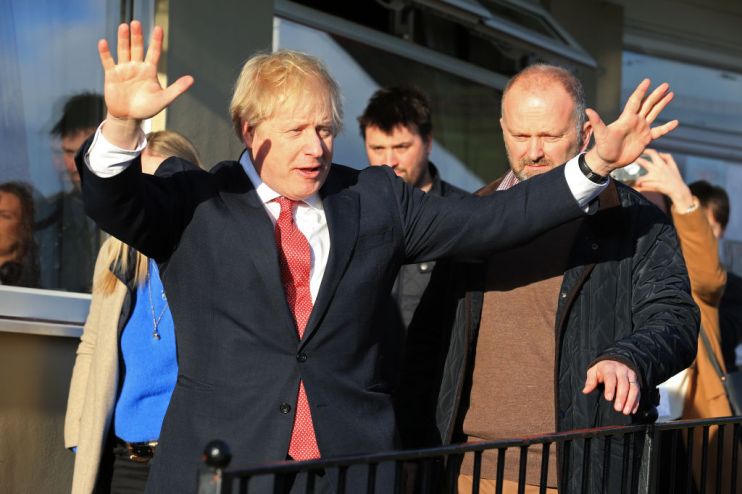What will Johnsonism look like in practice?

The ramifications of last week’s General Election will be felt far and wide. Politically, the size and nature of the new Tory majority poses questions for all parties.
Labour is in its worst position for more than 80 years, and the shock of its defeat appears to have affected the party’s ability to confront reality.
While John McDonnell says he takes responsibility for the loss, he maintains that the biggest reason for it was a hostile media.
This is like the captain of a stricken ship taking responsibility for its sinking while blaming the rock for being in the wrong place.
It seems a leadership contest will take several months, prolonging the agony and exposing, again, the deep divisions that exist on the left.
Boris Johnson, meanwhile, plans to hit the ground running. A Queen’s Speech this week will shine some light on what he intends to do with the biggest Tory majority since Margaret Thatcher.
Advice is coming in thick and fast, not least from right-leaning think-tanks which have for years attempted to make the case for various strands of Conservatism, while the Conservative party itself has been negotiating coalitions, hung parliaments and minority government.
Now the Tories have a clear run at things, everyone from the free-marketeers to the social reformers will be clamouring for an audience.
There is a simple question to which they will all attempt to provide an answer: what is Johnsonism?
The manifesto doesn’t provide much of a clue, other than an appetite for more public spending. The document was designed to avoid making waves, but now much of the country is under a sea of blue the task of formulating a legislative and philosophical narrative becomes urgent.
Speaking to his closest aides as the scale of his win became clear, Johnson stressed the need to recognise the priorities of his new electorate, comprised as it is of many people who had only ever voted Labour before.
He said: “We must deliver, we must deliver for these people….we can’t go back to being the Tory party of the old days.”
According to the Sunday Times, he added: “This is a totally different party.” David Cameron once said something similar, but he was trying to make the party more liberal.
Johnson’s stunning victory was, to a large extent, in spite of Cameron’’s successes. How he recognises and responds to this will define much more than the Queen’s Speech on Thursday.
Main image: Getty
